Podcast: Play in new window | Download (Duration: 34:34 — 23.8MB) | Embed
Subscribe: Apple Podcasts | Spotify | Amazon Music | Android | Pandora | iHeartRadio | JioSaavn | Podchaser | Gaana | Podcast Index | Email | TuneIn | Deezer | Anghami | RSS | More

Dr. Matthew Bunson discusses the life, times, and teachings of St. Robert Bellarmine
From Vatican.va, an excerpt from the teachings of Pope Benedict XVI
From the General Audience on St. Robert Bellarmine
His preaching and his catechesis have that same character of essentiality which he had learned from his Ignatian education, entirely directed to concentrating the soul’s energies on the Lord Jesus intensely known, loved and imitated. In the writings of this man of governance one is clearly aware, despite the reserve behind which he conceals his sentiments, of the primacy he gives to Christ’s teaching.
St Bellarmine thus offers a model of prayer, the soul of every activity: a prayer that listens to the word of God, that is satisfied in contemplating his grandeur, that does not withdraw into self but is pleased to abandon itself to God.
A hallmark of Bellarmine’s spirituality is his vivid personal perception of God’s immense goodness. This is why our Saint truly felt he wasa beloved son of God. It was a source of great joy to him to pause in recollection, with serenity and simplicity, in prayer and in contemplation of God.
In his book De ascensione mentis in Deum — Elevation of the mind to God — composed in accordance with the plan of the Itinerarium [Journey of the mind into God] of St Bonaventure, he exclaims: “O soul, your example is God, infinite beauty, light without shadow, splendour that exceeds that of the moon and the sun. He raised his eyes to God in whom is found the archetypes of all things, and of whom, as from a source of infinite fertility, derives this almost infinite variety of things. For this reason you must conclude: whoever finds God finds everything, whoever loses God loses everything”.
In this text an echo of the famous contemplatio ad amorem obtineundum — contemplation in order to obtain love — of the Spiritual Exercises of St Ignatius of Loyola can be heard. Bellarmine, who lived in the lavish and often unhealthy society of the end of late 16th and early 17th centuries, drew from this contemplation practical applications and applied them to the situation of the Church of his time with a lively pastoral inspiration.
In his book De arte bene moriendi — the art of dying a good death — for example, he points out as a reliable norm for a good life and also for a good death regular and serious meditation that should account to God for one’s actions and one’s way of life, and seek not to accumulate riches on this earth but rather to live simply and charitably in such a way as to lay up treasure in Heaven.
In his book De gemitu columbae — the lament of the dove — in which the dove represents the Church, is a forceful appeal to all the clergy and faithful to undertake a personal and concrete reform of their own life in accordance with the teachings of Scripture and of the saints, among whom he mentions in particular St Gregory Nazianzus, St John Crysostom, St Jerome and St Augustine, as well as the great founders of religious orders, such as St Benedict, St Dominic and St Francis.
Bellarmine teaches with great clarity and with the example of his own life that there can be no true reform of the Church unless there is first our own personal reform and the conversion of our own heart.
Bellarmine found in the Spiritual Exercises of St Ignatius recommendations for communicating the profound beauty of the mysteries of faith, even to the simplest of people. He wrote: “If you have wisdom, may you understand that you have been created for the glory of God and for your eternal salvation. This is your goal, this is the centre of your soul, this the treasure of your heart. Therefore consider as truly good for you what leads you to your goal, and truly evil what causes you to miss it. The wise person must not seek felicitous or adverse events, wealth or poverty, health or sickness, honours or offences, life or death. They are good and desirable only if they contribute to the glory of God and to your eternal happiness, they are evil and to be avoided if they hinder it” (De ascensione mentis in Deum, grad. 1).
For more visit Vatican.va
Dr. Matthew E. Bunson is a Register senior editor and a senior contributor to EWTN News. For the past 20 years, he has been active in the area of Catholic social communications and education, including writing, editing, and teaching on a variety of topics related to Church history, the papacy, the saints, and Catholic culture. He is the faculty chair at Catholic Distance University, a senior fellow of the St. Paul Center for Biblical Theology, and the author or co-author of over 50 books including The Encyclopedia of Catholic History, The Pope Encyclopedia, We Have a Pope! Benedict XVI, The Saints Encyclopedia, and best-selling biographies of St. Damien of Molokai and St. Kateri Tekakwitha.


 PROLOGUE
PROLOGUE Episode 2 -Listening For Truth– This episode, with Deacon James Keating and Kris McGregor, discuss conversion and our call to grow in virtue. Obedience. Fortitude and Fidelity are important keys in growing in the moral life. Deacon Keating also talks about the nature of the Christian conscious and it’s role in moral decision making.
Episode 2 -Listening For Truth– This episode, with Deacon James Keating and Kris McGregor, discuss conversion and our call to grow in virtue. Obedience. Fortitude and Fidelity are important keys in growing in the moral life. Deacon Keating also talks about the nature of the Christian conscious and it’s role in moral decision making.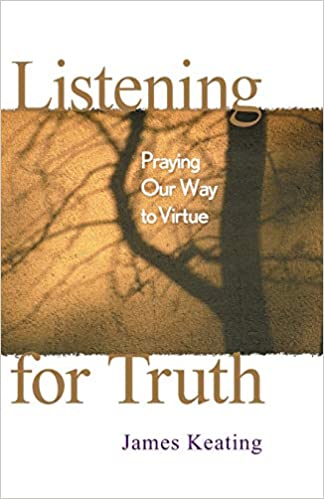
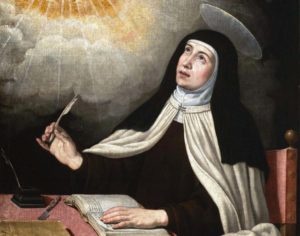
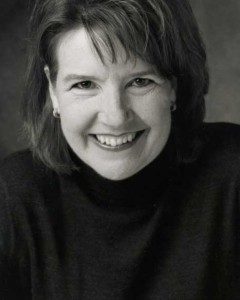
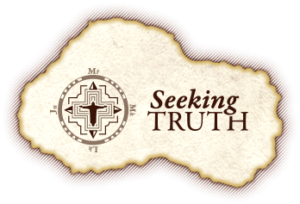
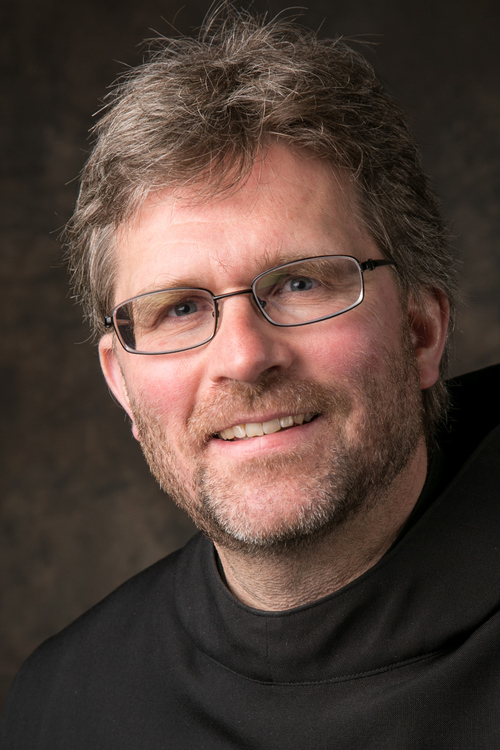
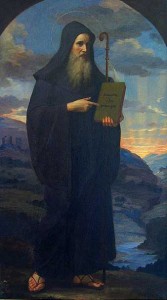 CHAPTER 8
CHAPTER 8